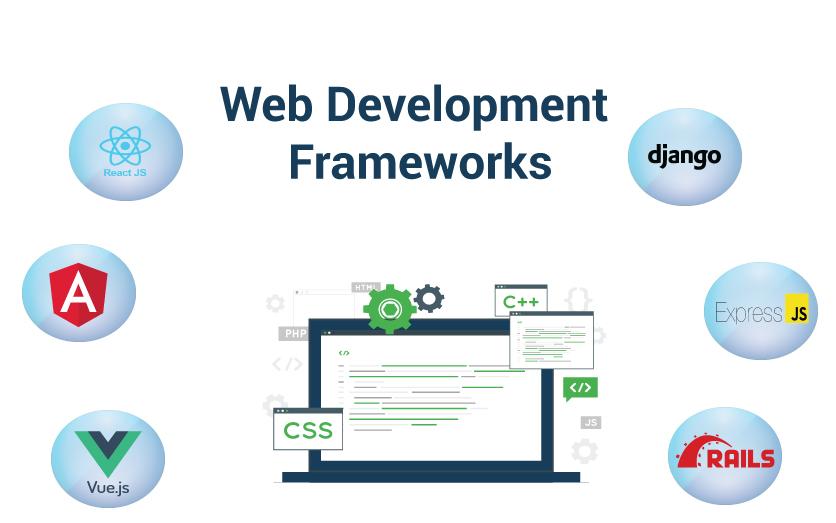In today's dynamic web development landscape, choosing the right framework is critical for the success of your project. With a plethora of options, each tailored to specific use cases and preferences, making an informed choice can be challenging. This article explores the most popular web development frameworks, comparing their strengths, weaknesses, and ideal applications to help you make the right decision.
What Is a Web Development Framework?
A web development framework provides a standardized structure for building websites or web applications. These frameworks simplify coding by offering pre-built modules, libraries, and tools to handle repetitive tasks like routing, session management, and API integration.
Popular Frameworks and Their Key Features
A. Front-End Frameworks
- React.js
- Developed by Facebook, React is a powerful JavaScript library for building user interfaces.
- Strengths: Component-based architecture, virtual DOM, SEO-friendly with server-side rendering.
- Ideal for: Single-page applications (SPAs) and dynamic web apps.
- Angular
- Backed by Google, Angular is a full-featured framework.
- Strengths: Two-way data binding, dependency injection, and a comprehensive toolset.
- Ideal for: Enterprise-scale applications.
- Vue.js
- Known for its simplicity and flexibility, Vue.js is growing in popularity.
- Strengths: Lightweight, user-friendly syntax, and integration capabilities.
- Ideal for: Lightweight and dynamic projects.
B. Back-End Frameworks
- Django
- A Python-based framework known for its "batteries-included" philosophy.
- Strengths: Security, scalability, and rapid development.
- Ideal for: Data-heavy applications like CRM systems.
- Express.js
- A minimalist framework for Node.js, Express is fast and unopinionated.
- Strengths: High performance and robust API handling.
- Ideal for: Real-time apps like chat or streaming services.
- Ruby on Rails
- A Ruby-based framework that emphasizes convention over configuration.
- Strengths: Productivity and strong community support.
- Ideal for: Startups and e-commerce platforms.
How to Choose the Right Framework?
When selecting a framework, consider:
- Project Requirements: Is the project a simple website or a complex web application?
- Learning Curve: Do you or your team have experience with the framework's language and tools?
- Community and Support: A vibrant community ensures regular updates and troubleshooting.
- Scalability and Performance: Opt for frameworks that can handle your projected traffic and data needs.
- Security Features: For sensitive projects, prioritize frameworks with built-in security features.
Conclusion
The choice of a web development framework depends on the project's needs and the team's expertise. React and Angular shine in front-end development, while Django and Express.js dominate the back-end landscape. By aligning your choice with your objectives, you can streamline development and ensure long-term success.
